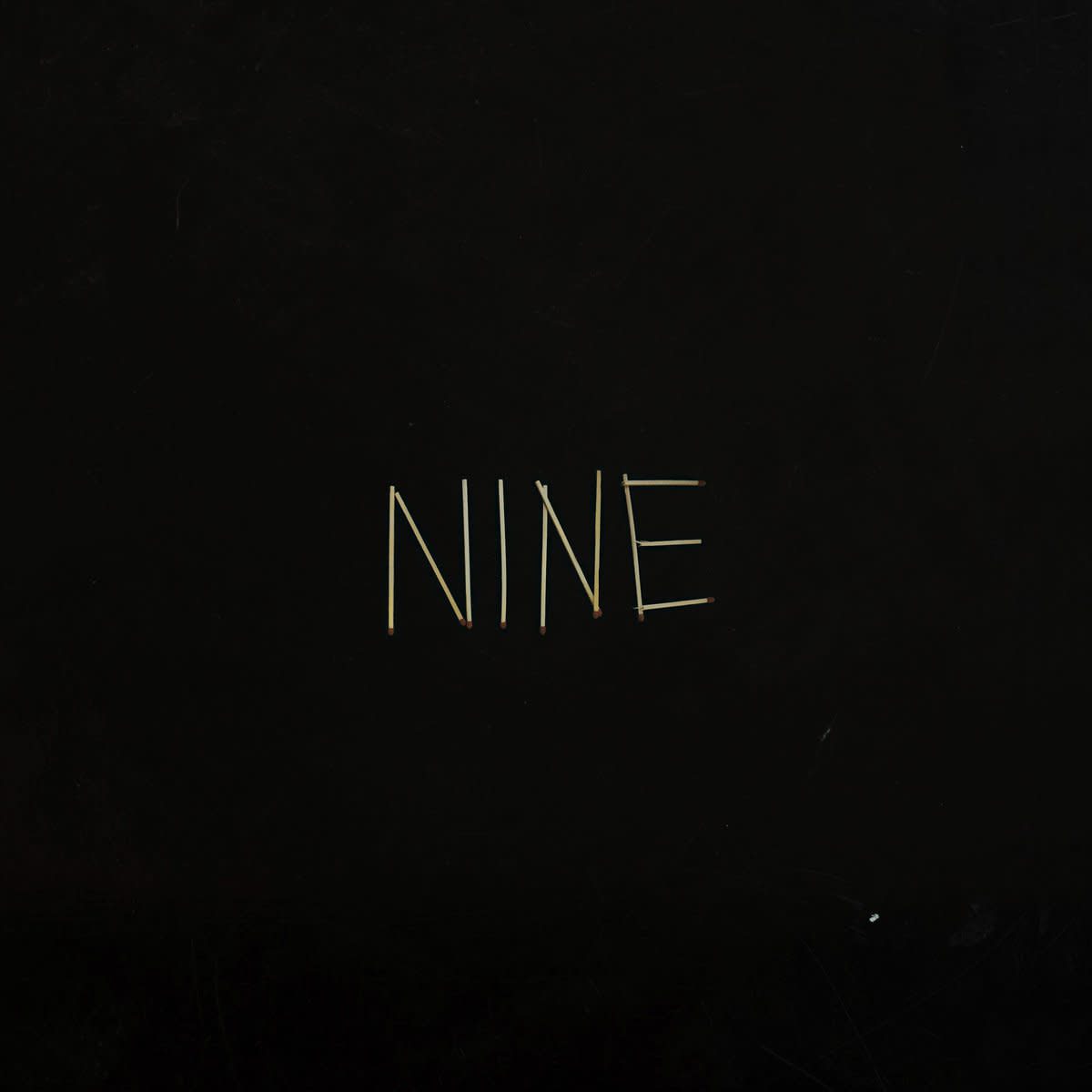Trance – you either love it or hate it.
The sound’s rich combination of melody, harmony, and repetition keeps bringing smiles to people’s faces across the globe – and undoubtedly had a significant influence on future electronic music to come.
Here are ten record labels that brought you some of the most delicate trance pieces in the early days.
Want to know the most influential techno labels of all time? We got you…
Without much attention, independent record labels played a crucial role in trance music's development and popular appeal during the nineties. Hailing mostly – but not exclusively – from Northern Europe, a string of imprints directed the genre towards different shifts and turns. These labels balanced the positioning of a strong brand at a time when globalization and technological innovations moved faster than ever before.
Some imprints particularly stood out in their contribution to the genre because of their prolific output, unique approach to sound, and ability to bring the genre to a broader audience. Proving the breadth of their vision and long-term relevancy, most of the following labels are still active in today's industry. And the end is nowhere in sight, as the trance sound has magically resurfaced in recent years.
This is a guest post written by Arjan Rietveld, the author of the definitive guidebook on trance titled ‘’Hypnotised: A Journey Through Trance Music (1990-2005)’’.
Black Hole
Country: Netherlands
Activity: 1997 – Current
Following their early clubbing experiences in Belgium, Dutchmen Arny Bink and Tijs Verwest (aka Tiësto) made moves within the domain of trance through their label Black Hole. With Tiësto’s ‘In Search Of Sunrise’ and ‘Magik’ mix compilation series turning into Black Hole’s flagships, the label released a large volume of single 12’’s, artist albums, and mix compilations ever since.
When trance became a less dominant musical force by the end of the zeroes, Black Hole successfully shifted its efforts to cater to the digital market. The label continued to expand its ever-impressive and diverse portfolio of artists, which includes regular contributions from notable acts such as BT, Cosmic Gate, and Solarstone.
Bonzai
Country: Belgium
Activity: 1992 – Current
Born in 1992 in the back of a DJ shop called Blitz in Antwerp, Bonzai established a solid reputation within the more complex divisions of trance. Featuring the iconic bonsai tree logo on its records, the imprint pushed forth talented local artists such as Airwave, CJ Bolland, Jones & Stephenson, M.I.K.E., and Yves Deruyter.
Like many other labels at the time, the music industry's digital revolution after the turn of the millennium hit hard on Bonzai. The imprint’s parent company went bankrupt, yet the label eventually made a restart. Nowadays, the imprint releases classics from the early days and new material in various styles.
BXR
Country: Italy
Activity: 1995 – 2006
Initially established as an Italo label in 1992, BXR's history is long and diverse. The original platform was short-lived, with only four releases under its belt. This all changed when Gigi D’Agostino, an upcoming Italian artist, took over its helm in 1995. Under the newly branded name BXR Noise Maker, D’Agostino introduced the so-called ‘Mediterranean progressive’ sound to the world.
When D’Agostino left the label in 2000, BXR signed a new batch of Italian artists such as Mauro Picotto, Mario Più, and Joy Kitikonti. He successfully experimented with crossovers between trance and techno. Despite its string of commercially fruitful records – of which Picotto’s productions are most notable, BXR was forced to close its doors in 2006.
EYE Q
Country: Germany
Activity: 1992 – 1997
Sven Väth has a special place in the story of trance. During the early phase of his musical career, the Frankfurt-based artist launched the Eye Q imprint with Heinz Roth and Matthias Hoffman in 1991. Balancing on the verge of techno and trance, EYE Q – as well as its counterpart Harthouse – prolifically raised the bar for electronic music in many retrospects.
Apart from releasing Väth’s productions, the imprint pushed forth timeless gems such as Icon’s ‘Desire,’ Java’s ‘Cosmos’ and Energy 52’s ‘Café Del Mar. By the late nineties, Väth ventured into different musical territories and pulled the plug. It meant the end of an era that brought along some of the most forward-thinking trance pieces. You’ll be hard-pressed to find any cheese on EYE Q.
Hooj Choons
Country: United Kingdom

Ten Trance Labels That Defined The Genre And Shaped The Sound Of Melodic Dance Music

Balancing Work, Life, And Music Production: Ben Tucker's Advice For Busy Artists and Producers

Darin Epsilon Shares The Best And Most Iconic DJ Mixes Of All Time
Activity: 1991 – 2003
Versatility and open-mindedness are undoubtedly the qualities that best describe the early trance powerhouse that was Hooj Choons. Founded by ‘Red’ Jerry Dickens and Phil Howells – who left soon after that – in 1991, the label emerged when house music was the sound of choice in the United Kingdom. It wasn’t long after that Hooj Choons led the newly born progressive house sound to new heights.
Hooj Choons helped forge and guide the tastes of a generation of DJs and dance floors worldwide through its successive shifts in styles over the years. Arguably its most successful record was the re-release of ‘Café Del Mar by Energy 52, which found its way to the hall of fame of electronic classics. After releasing over one hundred singles and a dozen compilations, the label announced its dissolution in 2003.
MFS
Country: Germany
Activity: 1991 – 2007
Founded by British entrepreneur Mark Reeder, Masterminded For Success – or MFS – came to life not long after the fall of the Berlin Wall. Initially supported by former East-German state-owned label AMIGA, MFS made wise use of this partnership's distribution opportunities while also introducing the sound of trance and techno to a broader audience.
The imprint was arguably the first to coin the term ‘trance’ with its compilation ‘Transformed From Beyond,’ mixed by German artists Harald Blüchel and Mijk van Dijk in 1992. MFS was also the early home of Paul van Dyk, the Berlin resident who would eventually turn into one of the superstars of the global trance scene. After fifteen years of operation, the imprint waved goodbye in 2007.
Perfecto
Country: United Kingdom
Activity: 1989 – Current
Following a series of travels to Ibiza in 1987, Paul Oakenfold imported acid house into the United Kingdom almost single-handedly, subsequently becoming one of the genre’s leading advocates and star representatives. It wasn’t long until Oakenfold set up Perfecto to showcase his more comprehensive vision of electronic music.
The Perfecto platform was designed to harness the potential of upcoming artists while flinging no corner of the electronic music sound spectrum aside in the process. Over the years, Perfecto released essential works from artists such as BT, Tilt, and Carl Cox before tilting its focus more towards the realms of psytrance – which it still does today with grace.
Platipus
Country: United Kingdom
Activity: 1993 – Current
The beginnings of Platipus were humble. Simon Berry set up the label in 1993 and initially operated out of his tiny flat. Berry only wanted to expose the music and artists he loved to a broader audience. Platipus’ early, acid-infused releases made the label stand out from the crowds. Its output initially was limited to Berry's projects, including Art Of Trance, Clanger, and Union Jack.
Everything accelerated for Platipus after Berry heard a promo track of Children at a club one night and immediately signed its producer, Robert Miles. Spurred on by this coup, Platipus would eventually sign more popular acts such as Libra, Moogwai and Quietman, and Praha – resulting in various chart hits. A series of concept compilations followed in the millennium before the label ceased trading in 2010 – before resurfacing with primarily digital reissues in more recent times.
Tsunami
Country: Netherlands
Activity: 1998 – 2007
Established in late 1997 by Ferry Corsten and Robert Smit, Tsunami represented the sound of the Dutch anthem trance in full glory. The imprint stood out aesthetically thanks to its iconic sleeves, which featured a digitized version of ‘Under the Wave off Kanagawa’ by Japanese ukiyo-e artist Hokusai.
Apart from pushing forth befriended acts such as Ronald van Gelderen, Nick K., and Matti Laamanen, Tsunami featured some of Corsten’s finest works – especially his under monikers Gouryella and System F. Common denominators across Tsunami’s sixty-something record catalog are energy and harmony – practically every track on the imprint instantly puts a smile on your face.
Vandit
Country: Germany
Activity: 1999 – Current
Featuring its trademark deep blue sleeves with black and white stickers, Vandit showcased the fast-paced, razor-sharp, and melodic sound of trance that became synonymous with its founder, Paul Van Dyk. That trademark sound resonated perfectly with the genre’s broader appeal after the turn of the millennium.
Since its first release featured van Dyk's productions, ‘Another Way’ and ‘Avenue,’ Vandit put out many successful releases from high-principled acts such as Alibi, NU NRG, and Ralphie B. Although the trance market has changed considerably since early, Vandit still applies the same quality standards to its output.
Arjan Rietveld is the author of the 332-page encyclopedia book ‘’Hypnotised: A Journey Through Trance Music (1990-2005)’’. He also compiles an eponymous compilation series for Black Hole Recordings.











